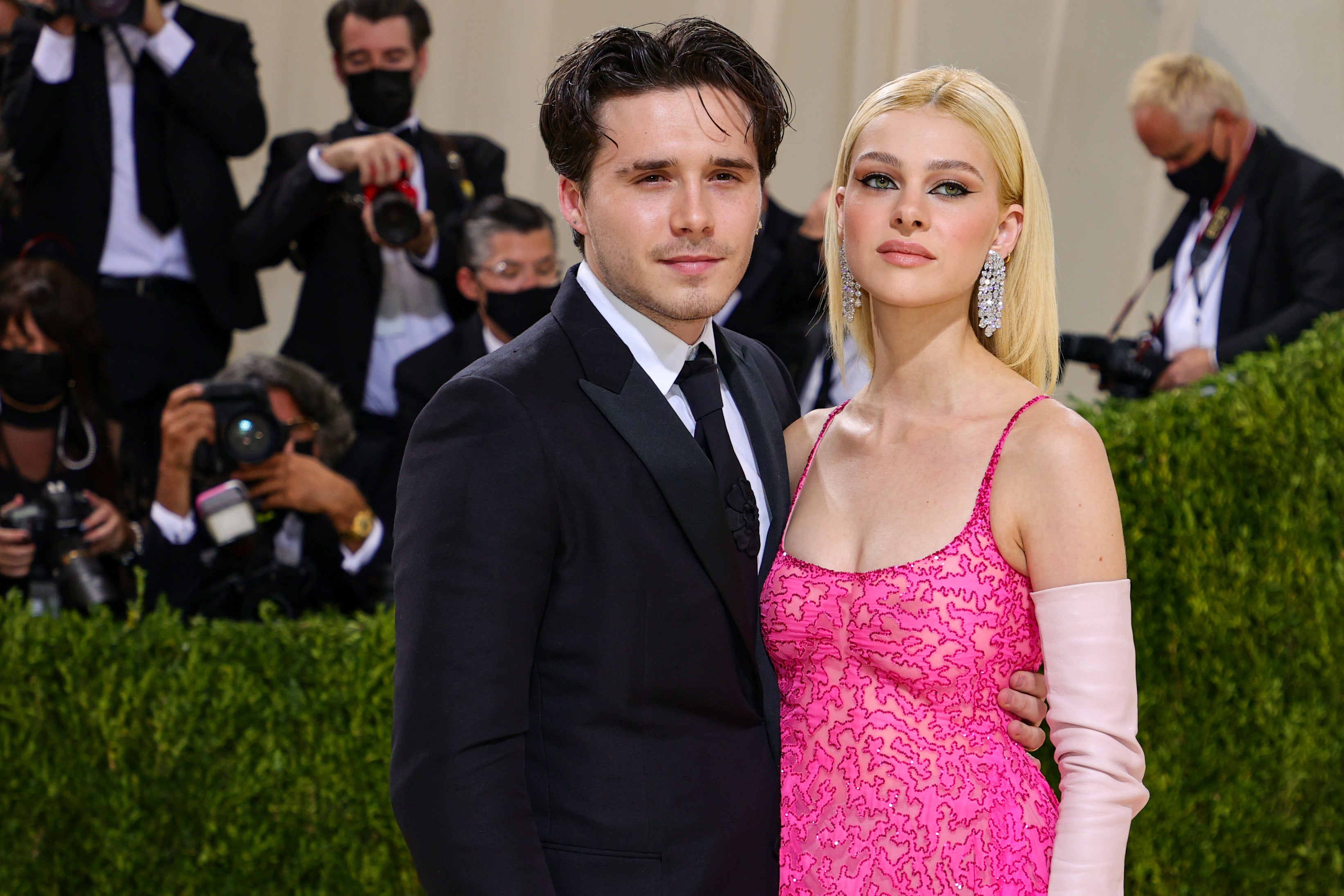Your support helps us to tell the story
From reproductive rights to climate change to Big Tech, The Independent is on the ground when the story is developing. Whether it's investigating the financials of Elon Musk's pro-Trump PAC or producing our latest documentary, 'The A Word', which shines a light on the American women fighting for reproductive rights, we know how important it is to parse out the facts from the messaging.
At such a critical moment in US history, we need reporters on the ground. Your donation allows us to keep sending journalists to speak to both sides of the story.
The Independent is trusted by Americans across the entire political spectrum. And unlike many other quality news outlets, we choose not to lock Americans out of our reporting and analysis with paywalls. We believe quality journalism should be available to everyone, paid for by those who can afford it.
Your support makes all the difference.The number of women choosing to include their birth names alongside their spouse’s surname after getting married is rising, new data shows.
The Deed Poll Office, a law firm that specialises in name changes, saw requests from newlyweds to officially retain their maiden names alongside their spouse’s surname, rather than change it completely, rise by 30 per cent between 2020 and 2021.
This marked the biggest annual rise the firm had ever seen and suggested that the coronavirus lockdown gave couples who had to wait longer to get married more time to sort through documents about their new name.
A 2016 survey showed that 90 per cent of British women take their husband’s last name to replace their maiden name after getting married.
But questions around whether the tradition should continue have been hotly debated online in recent months.
In March, a tweet by journalist and author Francesca Specter went viral after she said it was “bonkers” that a woman changing her last name to her husband’s is “still very much seen as the default, no-questions-asked option for married, heterosexual couples in the UK”.
Many who responded to the tweet revealed that they felt frustrated about it, while others pointed out the difficulties that may present themselves if a couple decides to have children who take the father’s surname.
But an increasing number of couples have chosen to combine their surnames into a double-barrel name to combat these problems.
Research published by the London Mint Office in 2017 found that 11 per cent of the 2,003 adults between 18 and 34 surveyed opted to take a double-barrelled surname.
According to NameSwitch, a service that helps people legally change their names, there has been an 18 per cent year-on-year growth in couples wishing to adopt a double-barrelled surname.
The Deed Poll Office’s research comes after Brooklyn Bekcham, son of David and Victoria Beckham, and Nicola Peltz wed and combined their names.
Brooklyn added the Peltz name to his own as a middle name and is now known as Brooklyn Peltz Beckham. Nicola, the daughter of American billionaire Nelzon Peltz, did the same to keep her maiden name and now goes by Nicola Peltz Beckham.
Perhaps the most famous example of a double-barrelled surname is the one that belongs to the Queen’s descendants, who carry the name Mountbatten-Windsor.
According to the royal family’s website, the surname Mountbatten-Windsor will only change if the Prince of Wales “chooses to alter the present decisions when he becomes king”.
A Deed Poll adviser told The Telegraph: “Double-barrelling has always been a good trend going on for years and years. In the last five to 10 years, it has increased more as people want to keep their maiden names.
“Each year, there are around 5,000 double-barrel name applications among the 40,000 applications we receive in total.
“Traditionally, you take your husband’s name, but civil partnerships are coming in and women are more independent now, working and can earn more than their partner. So independence decides if they want to take their partner’s name.”

Join our commenting forum
Join thought-provoking conversations, follow other Independent readers and see their replies
Comments